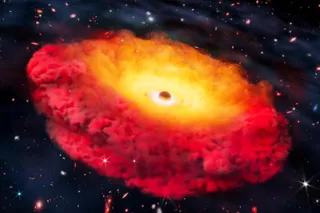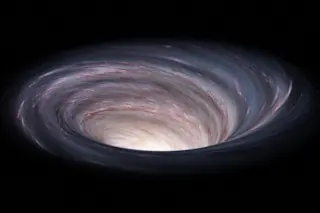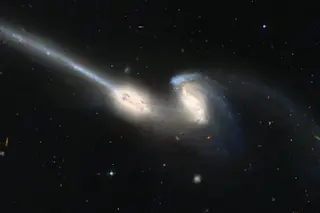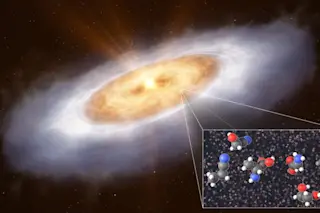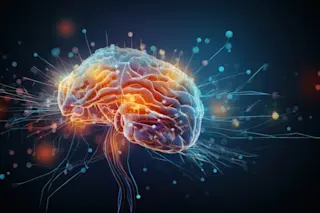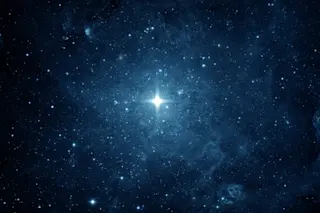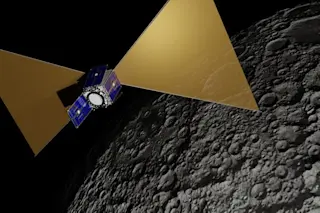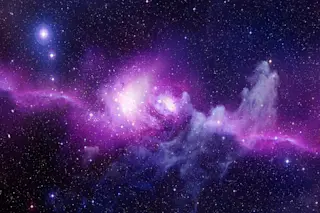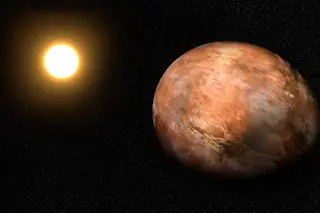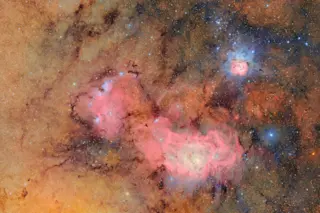No, you can't see a black hole. What you might be able to see, though, is the way in which relativity predicts a spinning black hole will bend space, time, and light around it. Scientists say in a new study in Nature Physics that they are closer than ever to being able to see this effect in faraway black holes from our vantage point here on Earth. Galaxies probably have spinning, supermassive black holes at their center, and spinning black holes possess two types of angular momentum, study coauthor Bo Thide explains. There's spin angular momentum, which is analogous to what the Earth creates as it spins on its axis, and there's orbital angular momentum, which is analogous to what the Earth creates as it orbits the sun. Thidé says that the second effect—orbital angular momentum—distorts light in a way that scientists who know what to look for might be ...
The Sight of Twisted Light Could Reveal a Spinning Black Hole
Discover how scientists are closer to observing the twisted light effect around a spinning black hole and its implications for relativity.
More on Discover
Stay Curious
SubscribeTo The Magazine
Save up to 40% off the cover price when you subscribe to Discover magazine.
Subscribe

